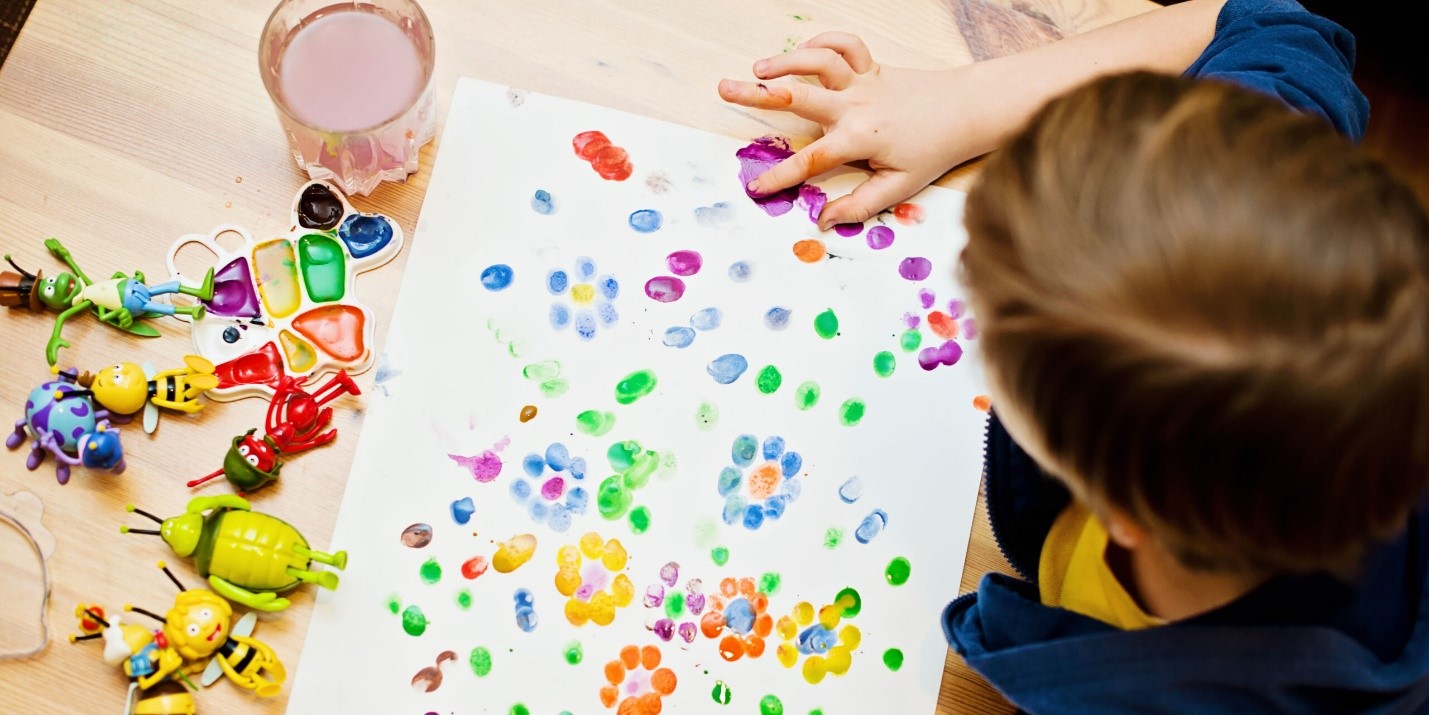Having a child with a strong sense of humor can be a wonderful gift. Humorous children often bring joy, creativity, and light-heartedness into the home. They can ease tension, connect easily with peers, and demonstrate quick thinking. However, when not properly guided, a child’s humor can sometimes become disruptive, inappropriate, or used as a defense mechanism.
Managing humorous children is less about “controlling” them and more about channeling their humor constructively, while helping them understand timing, empathy, and boundaries.
Why Humor Is Important in Childhood
A good sense of humor can help children:
- Develop strong social skills
- Manage stress and anxiety
- Think creatively and solve problems
- Build confidence and resilience
But like any powerful tool, humor needs to be guided and shaped to prevent it from turning into sarcasm, mockery, or classroom disruption.
Source: https://yoursoberbuddy.com/wp-content/uploads/2020/05/SoberBuddy-Boundaries.jpg
Types of Humor in Children
As children grow, their sense of humor evolves. Understanding the type of humor they use helps in guiding them:
- Innocent silliness: Making up silly stories, funny faces, or nonsense jokes.
- Clever wit: Wordplay, puns, or sharp comebacks (often seen in older children).
- Physical comedy: Slapstick behavior like falling on purpose or making goofy noises.
- Teasing or sarcasm: Can be playful but may cross into hurtful territory if not managed.
- Dark or edgy humor: Sometimes reflects deeper emotions, anxiety, or mimicry of adult themes.
Common Challenges with Humorous Children
- Disruptive Behavior
Using humor to avoid tasks, seek attention, or interrupt class or family routines. - Inappropriate Jokes
Telling jokes that are rude, hurtful, or not age-appropriate. - Masking Emotions
Using humor to deflect from sadness, anger, or insecurity. - Testing Boundaries
Using sarcasm or teasing to challenge authority or push limits.
Source: https://cdn.shopify.com/s/files/1/0530/8776/4646/files/beautiful-young-family-playing-guess-sticker-cafe_562859-1874-transformed_1024x1024.jpg?v=1695295828
Tips for Managing and Encouraging Positive Humor
- Acknowledge Their Strength
Celebrate your child’s ability to make people laugh. Let them know humor is a strength, not a problem—when used kindly and at the right time.
- Teach Boundaries and Context
Help them understand:
- What’s funny vs. what’s hurtful
- Appropriate times (e.g., not during serious conversations or school lessons)
- Reading the room: Not everyone finds the same things funny.
- Set Clear Expectations
If humor becomes disruptive, calmly explain:
- “I love your jokes, but during homework time we need to focus.”
- “Joking is fun, but we never make fun of someone’s appearance or feelings.”
Use consistent consequences when needed, but avoid harsh punishment—humorous children often respond better to calm reasoning.
- Model Healthy Humor
Let your child see you laughing at yourself, enjoying jokes, and using humor to ease tension. Avoid using sarcasm or jokes at others’ expense in front of them.
- Channel Humor Creatively
Encourage outlets like:
- Writing funny stories or comics
- Performing skits or stand-up for family
- Making videos or voice recordings (with safe supervision)
- Using humor in storytelling or presentations
- Address Emotional Masking
If you suspect your child uses humor to hide fear, sadness, or anxiety, create space for honest conversations. Ask gently:
- “You joke a lot when you’re upset—are you feeling okay?”
- “You made a funny comment just now, but I think there might be something more underneath.”

Source: https://mom.com/wp-content/uploads/2024/09/iStock-1166111495-1.jpg
When to Be Concerned
Seek guidance from a counselor or therapist if:
- Humor becomes consistently mean-spirited or aggressive
- The child uses humor to avoid all serious conversations
- It interferes with learning, relationships, or self-esteem
- The child imitates inappropriate adult or internet humor frequently
Final Thoughts
Humorous children are a delight, and their playfulness can be a lifelong asset. The key to managing them is not to suppress their humor but to guide it with love, structure, and awareness. When nurtured properly, their laughter becomes not just entertainment—but a powerful way to connect, cope, and create.





